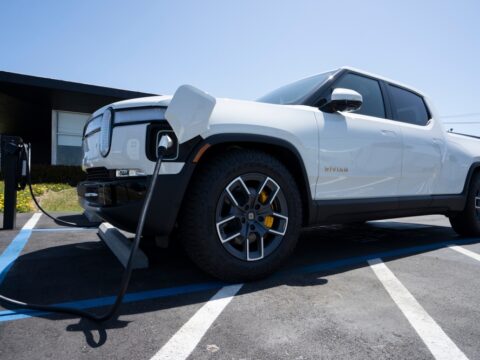Renewable energy is transforming the transportation sector in ways we never imagined. From reducing carbon emissions to cutting down on fuel costs, the benefits are clear and compelling. In this article, we explore 15 reasons why renewable energy is revolutionizing transportation, paving the way for a greener, more sustainable future. Let’s dive into the key factors driving this exciting change.
Contents
Reduced Carbon Emissions

Renewable energy sources, such as wind, solar, and hydroelectric power, produce little to no greenhouse gases. This significantly reduces the carbon footprint of transportation, helping to combat climate change. Unlike fossil fuels, which emit large amounts of CO2, renewables offer a cleaner alternative that mitigates the impact of global warming.
Lower Fuel Costs

Renewable energy can be cheaper than fossil fuels in the long run. Solar and wind energy, for example, have low operational costs once the infrastructure is in place. This translates to reduced fuel costs for transportation, making it a more economically viable option for both businesses and consumers.
Energy Independence
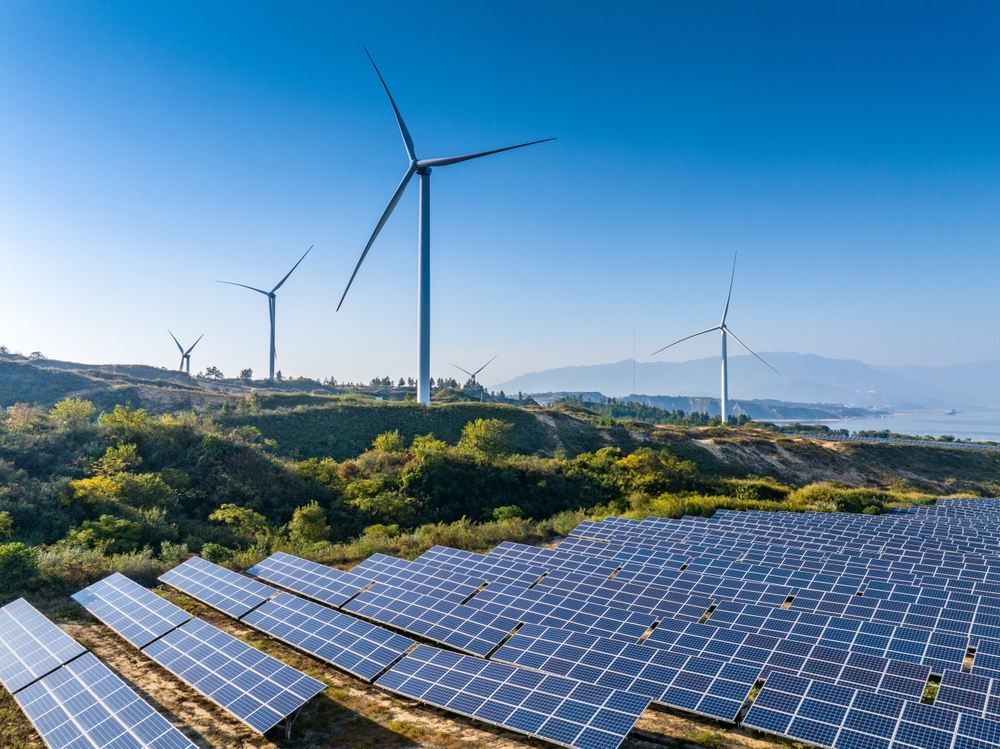
Using local renewable resources decreases reliance on imported fuels, enhancing energy security. Countries can harness their own solar, wind, and hydro resources, reducing their dependency on volatile global oil markets. This independence ensures a more stable and predictable energy supply for transportation.
Technological Advancements
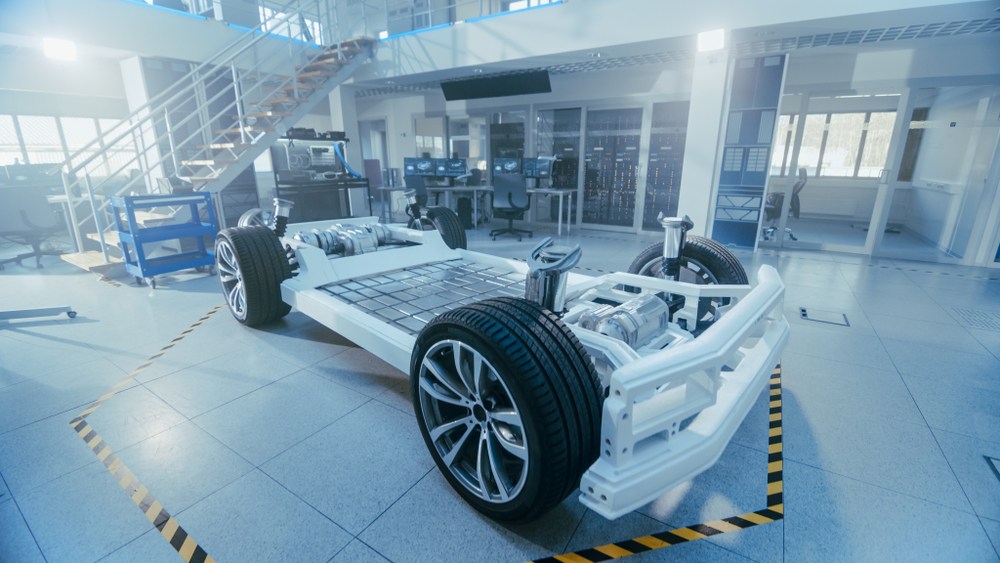
Innovations in renewable energy technology are making transportation more efficient. Advances in battery storage, electric drivetrains, and renewable fuel technologies are improving the performance and range of vehicles. These advancements make renewable energy a more practical and appealing option for transportation.
Improved Air Quality

Renewable energy reduces pollutants, leading to healthier air and fewer respiratory issues. Unlike fossil fuels, which emit harmful pollutants such as nitrogen oxides and particulate matter, renewables produce cleaner energy. This results in improved public health, particularly in urban areas with high traffic volumes.
Economic Growth

The renewable energy sector creates jobs and stimulates economic activity. From manufacturing solar panels and wind turbines to installing and maintaining these systems, renewable energy supports a wide range of employment opportunities. This economic growth benefits local communities and contributes to overall economic resilience.
Sustainability

Renewable energy is abundant and sustainable, unlike finite fossil fuels. Resources like sunlight, wind, and water are naturally replenished, ensuring a continuous supply. This sustainability makes renewable energy a long-term solution for transportation, reducing the risk of resource depletion.
Government Incentives

Policies and subsidies are making renewable energy more attractive for transportation. Governments around the world are offering tax credits, rebates, and grants to encourage the adoption of renewables. These incentives lower the initial investment costs and accelerate the transition to cleaner transportation options.
Corporate Responsibility

Companies are adopting renewables to meet sustainability goals and enhance their reputation. By switching to renewable energy for their transportation needs, businesses can reduce their carbon footprint and demonstrate their commitment to environmental stewardship. This shift can also attract eco-conscious customers and investors.
Energy Security
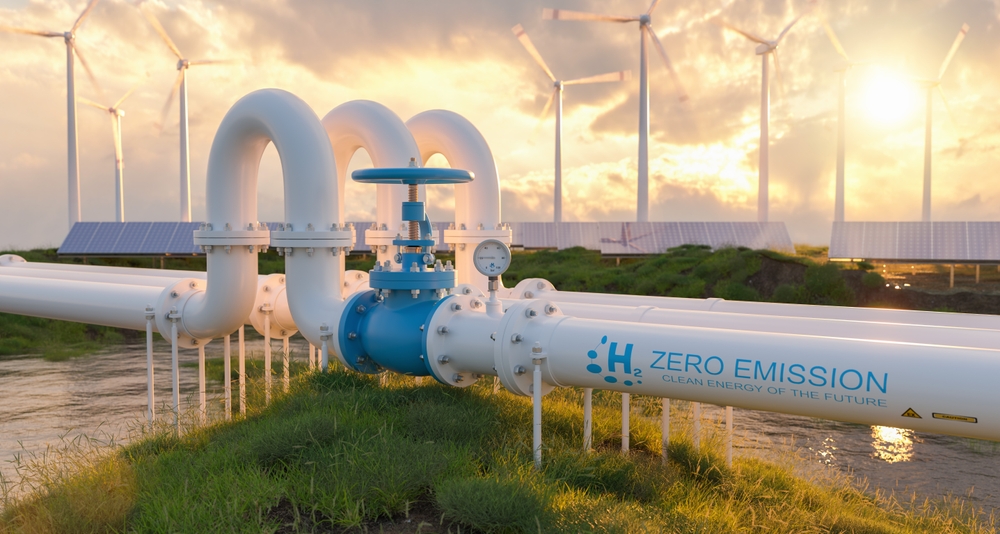
Diversifying energy sources reduces the risk of energy shortages and price spikes. Renewable energy provides a stable and reliable supply, less susceptible to geopolitical tensions and supply chain disruptions. This energy security is crucial for maintaining the smooth operation of transportation systems.
Technological Integration
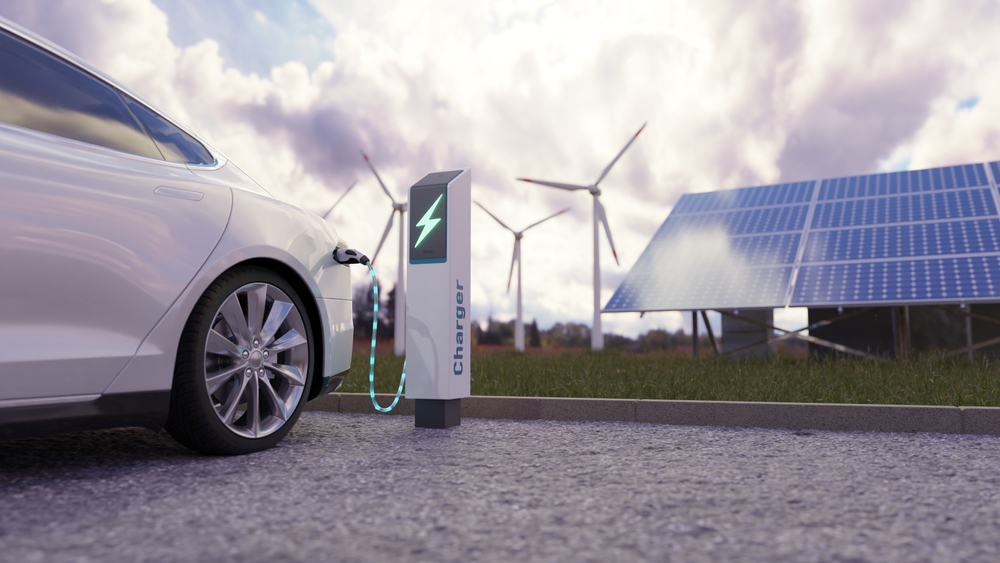
Electric vehicles (EVs) and renewable energy can be integrated with smart grids and the Internet of Things (IoT) for better energy management. Smart grids allow for more efficient distribution and usage of renewable energy, while IoT technologies enable real-time monitoring and optimization of energy consumption in transportation.
Noise Reduction
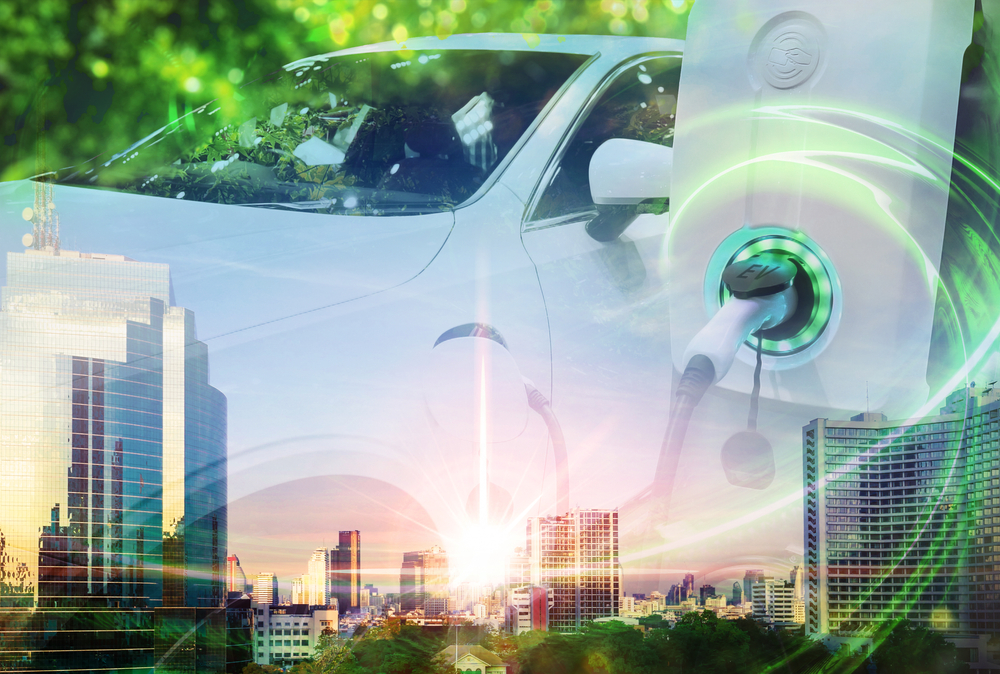
Electric and renewable-powered vehicles are quieter, reducing noise pollution. Traditional internal combustion engines produce significant noise, which can be disruptive in urban areas. Renewable-powered vehicles operate more quietly, creating a more pleasant and less stressful environment.
Resilience

Renewable energy systems can be more resilient to disruptions compared to centralized fossil fuel infrastructure. Decentralized renewable energy systems, such as solar panels and wind turbines, can continue to operate independently in case of power outages or fuel supply interruptions, ensuring continuous transportation services.
Consumer Demand

Increasing consumer preference for green transportation options is driving the shift to renewable energy. More people are choosing electric and hybrid vehicles for their lower environmental impact. This growing demand is encouraging manufacturers to invest in renewable energy technologies and expand their green vehicle offerings.
Regulatory Pressure

Stricter emissions regulations are pushing the adoption of renewable energy in transportation. Governments are implementing policies to reduce greenhouse gas emissions, including mandates for cleaner vehicles and renewable fuel standards. These regulations are accelerating the transition to renewable energy in the transportation sector.
This article originally appeared in MyCarMakesNoise.
More from MyCarMakesNoise
10 Vintage RVs That Collectors Tend to Pass Over

Collecting vintage RVs can be a rewarding hobby, but not every model gets the same attention. Some are often overlooked by collectors, whether due to their design, maintenance challenges, or lack of modern appeal. Read More.
18 Myths About Premium Gasoline You Need to Stop Believing

Many drivers assume premium gasoline is always the better choice, but that’s not always true. From claims of better performance to improved fuel economy, plenty of myths surround this high-octane option. Read More.
8 Famous Limousines from Hollywood Blockbusters

Limousines have long been a symbol of luxury and power, making them the perfect vehicles for memorable moments in Hollywood blockbusters. From sleek, high-tech rides to extravagant, custom designs, these limos add flair and character to the films they appear in. Read More.

